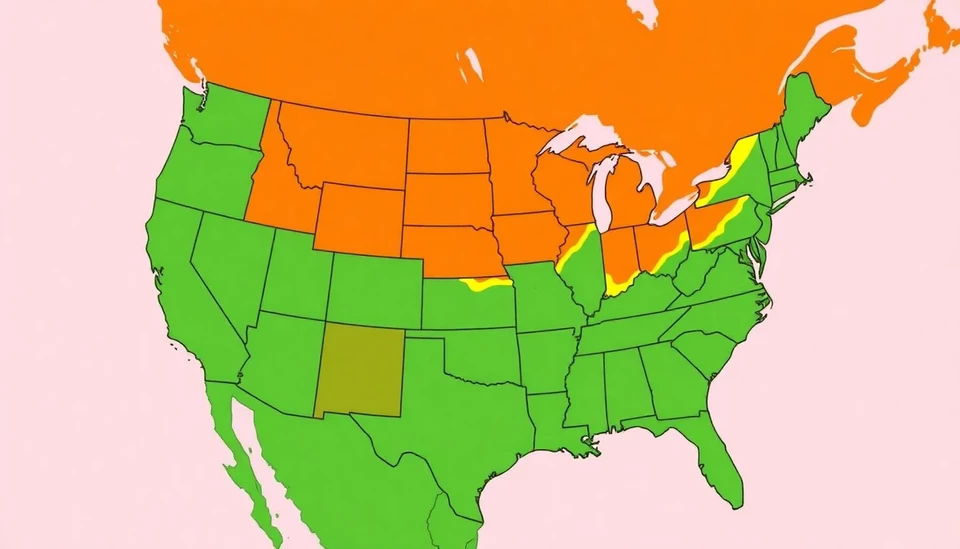
In a significant legislative move, Arizona lawmakers have successfully approved a bill that will prohibit the purchase of sugary sodas using Supplemental Nutrition Assistance Program (SNAP) funds. This decision, aimed at promoting healthier food choices among low-income families, reflects a growing concern regarding the rising obesity rates and associated health issues linked to sugary beverages.
The approved bill has garnered bipartisan support as it aims to redirect SNAP funds toward healthier food options, such as fresh fruits, vegetables, and whole grains. According to proponents, the initiative is not just about reducing the consumption of sugary drinks but is also seen as a strategy to encourage better dietary habits among recipients of government assistance.
Supporters of the legislation argue that the current SNAP program allows for the purchase of energy-dense, nutrient-poor foods, which contributes to health disparities, especially in low-income communities. They believe that this reform is an essential step in combating chronic health issues such as diabetes and heart disease, which disproportionately affect families reliant on food assistance programs.
On the other hand, critics of the bill raise concerns about the potential implications on personal choice and the rights of SNAP recipients. They argue that targeting specific food items could lead to further stigma surrounding those who rely on government assistance. Such opponents advocate for education and outreach programs as a more effective means of improving nutritional choices rather than imposing restrictions.
The legislative measure now awaits the approval of Governor Katie Hobbs, who has previously expressed a commitment to fighting food insecurity and promoting public health. If signed into law, Arizona would join a handful of states that have enacted similar restrictions on soda purchases within SNAP, demonstrating a growing trend among states to reform the program in favor of health-oriented initiatives.
As this bill evolves through the legislative process, it triggers a broader debate about the role of government in regulating food choices among low-income populations. Stakeholders from various sectors—health care professionals, social workers, and community advocates—will be closely monitoring the outcomes of this initiative to determine its effectiveness and impact on public health in the state.
In conclusion, Arizona's new bill signals a shift towards more health-conscious policies in food assistance programs, tackling the pervasive issue of sugary drink consumption among vulnerable populations. The outcomes of this legislation could pave the way for future reforms that prioritize health and nutrition over convenience.
#Arizona #SNAP #PublicHealth #SugaryDrinks #Obesity #NutritionPolicy #GovernmentInitiatives
Author: John Harris

